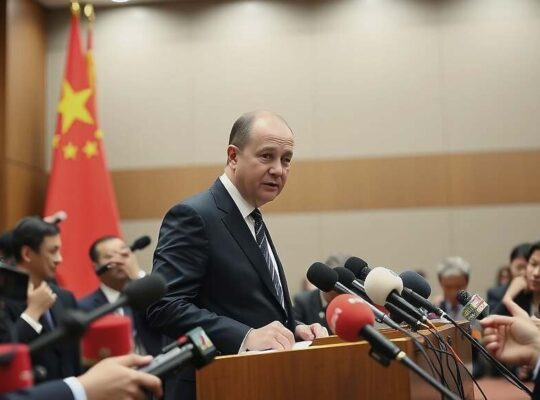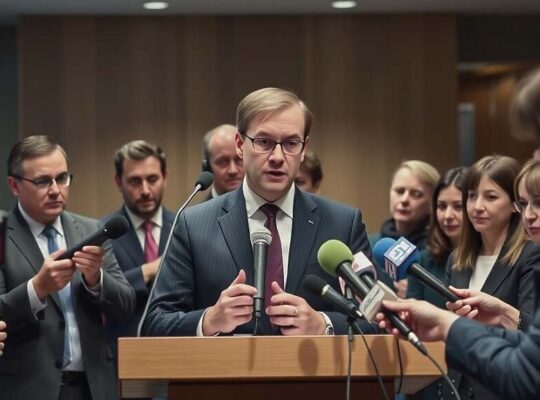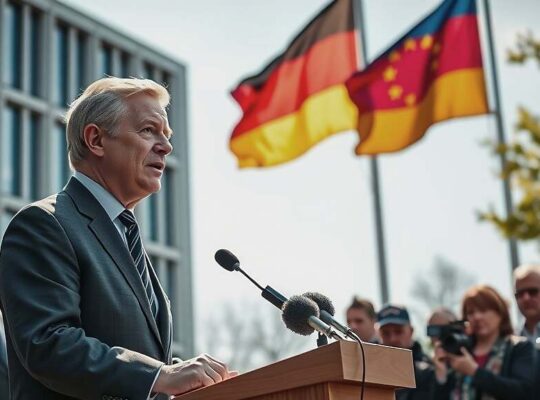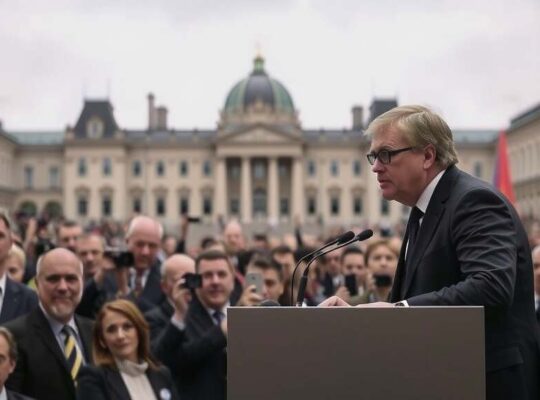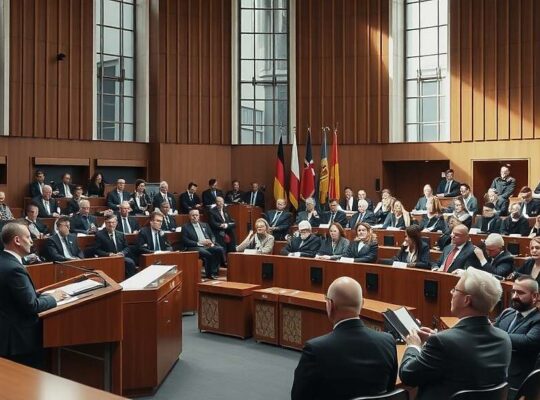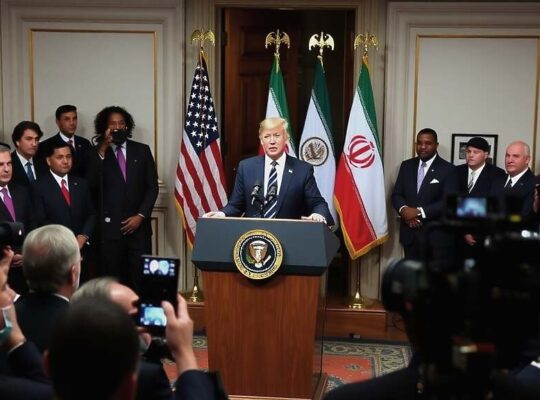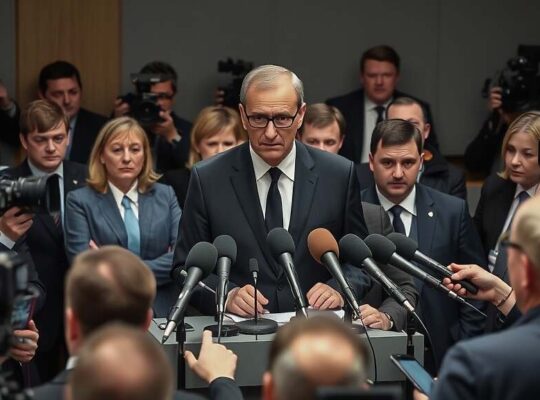Chancellor Friedrich Merz of the Christian Democratic Union (CDU) issued a sharp warning to the United States this week, cautioning against overlooking European interests in the ongoing efforts to facilitate peace talks for Ukraine. Addressing the Bundestag during a general debate on the 2026 federal budget, Merz acknowledged the continued U.S. involvement in resolving the conflict but stressed that Europe must be recognized as a sovereign actor with its own values and strategic objectives, rather than a pawn in broader geopolitical maneuvering.
“An agreement negotiated between superpowers without the consent of both Ukraine and Europe would not provide a basis for a genuine and sustainable peace in Ukraine” Merz stated, underlining a growing sentiment amongst some European leaders concerned about a potential sidelining of the continent’s perspective. He emphasized the critical need for unity – within Europe, with Ukraine and across the transatlantic alliance – asserting that Russian President Vladimir Putin must understand he cannot prevail in his war against the European order of freedom and peace.
Merz reiterated Germany’s commitment to continued, substantial support for Ukraine, pledging to maintain a high level of assistance within the 2026 federal budget. His remarks came amidst a broader discussion of the federal budget, which traditionally serves as a focal point for political debates and often extends beyond the budgetary specifics to encompass wider political assessments.
The debate unfolded against a backdrop of increasingly fractious political rhetoric. Alice Weidel, leader of the Alternative for Germany (AfD), initiated the general discussion, launching a scathing attack on the ruling coalition, characterizing it as adrift and comparing its state to the “final stage of the Titanic”. Weidel specifically accused Chancellor Merz of losing control, suggesting that his authority has diminished to the point where he is a powerless observer as others effectively usurp his leadership. The AfD’s critique, while characteristically provocative, highlights a broader perception of instability within the German political landscape, further complicating the delicate balance required for effective international diplomacy and domestic consensus on issues as significant as the future of Ukraine.



